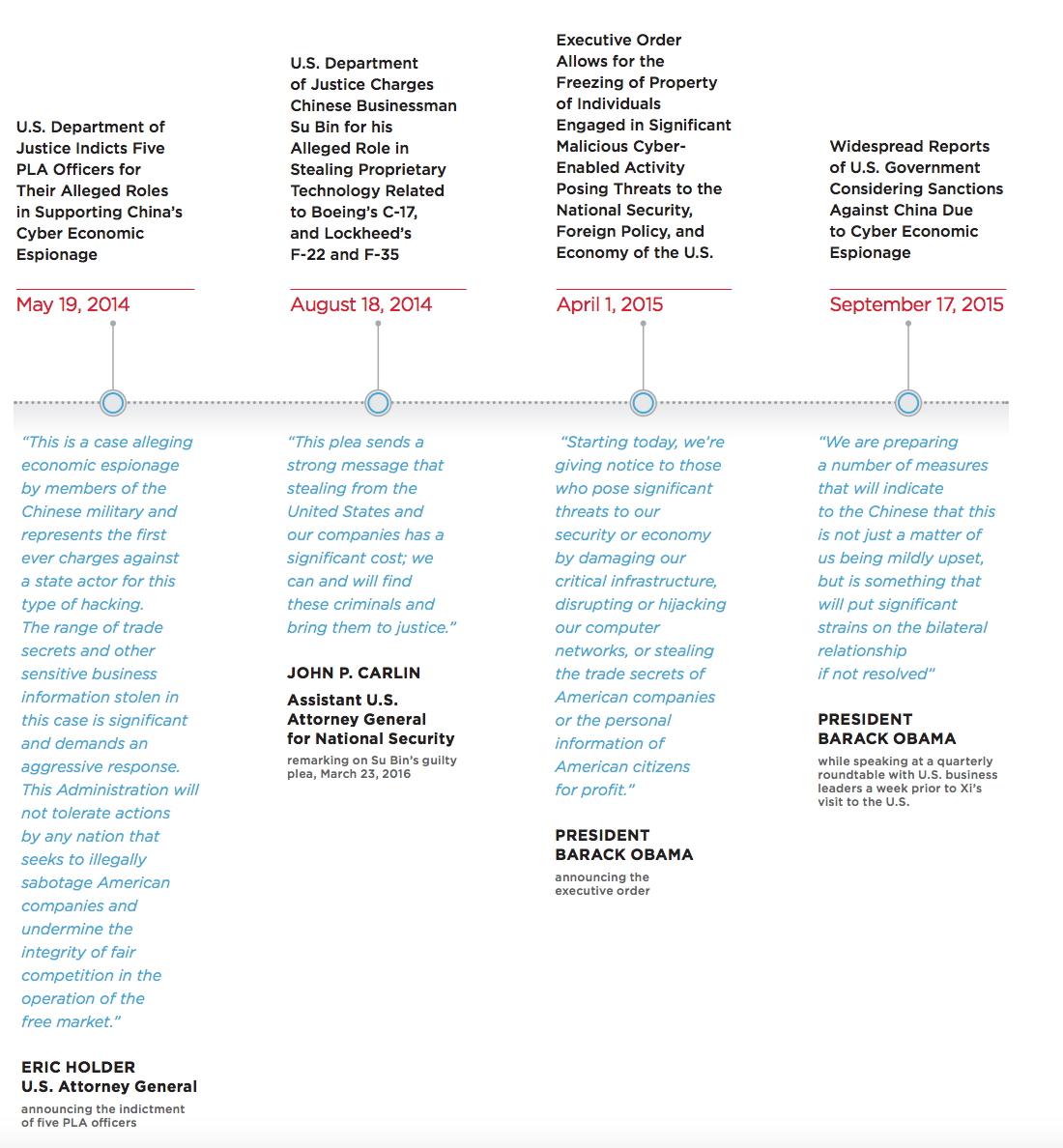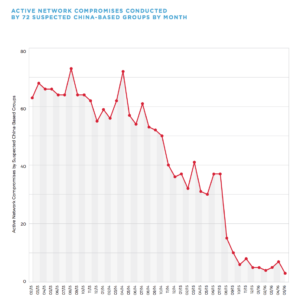Monday: Gotta’ Catch ‘Em All
[NB: Embedded video contains adult language NSFW]
I had a very disturbing conversation with some 18-to-20-somethings this weekend about privacy and networked communications. I can’t decide if I’m pissed off or terrified that these particular youngsters believed:
- Most young people their age don’t care if their privacy has been compromised;
- If they care at all, they believe it’s not a big deal, there’s little danger because they can just shut off the GPS/location and voice features on their phones;
- This is the way it is with technology and there’s no way to change the status quo.
I know for certain not all youngsters in this age group feel this way, but what set this particular group apart is their privilege. They are going to school in business and education at some of the best schools in the country. Their educations are paid for in full and they know they have jobs waiting for them. Their political heritage is conservative — anti-tax, pro-business, with a Christian fundamentalist spin. They are the next generation of elected officials because they can afford to run for office.
They are what a well-to-do public school district created, and what will come out of a top ten business school: people who don’t give a shit about anybody else’s needs for privacy, because they simply don’t see any risks to their way of life.
The entire conversation began because they were questioning my opsec habit of covering my cellphone camera lenses. When I pushed back about their habit of waving their phones around without any respect for others’ privacy, the topic rapidly went south. It didn’t matter, nobody was following them, they didn’t need to worry; whoever wanted to track them already had all their information anyhow. And still not a lick of concern about anybody else’s privacy, safety and security, free speech, freedom from unwarranted seizure…
And now comes Pokémon Go, the augmented reality mobile device game which this particular cohort had yet to play with on their cellphones. I’m sure they’ve since loaded on their phones without a second thought about the gross failure of Pokémon Go’s privacy policy let alone its ridiculously broad request for device permissions.
Stay away from me, kids. Far, far away. Go ahead and give me a hard time again about protecting privacy rights. Treat me like an old lady yelling at you to stay off my lawn, and I’ll find somebody to tell your super-conservative mother what kind of porn you’ve surfed while you claim you’re at the library studying on her dime. I’m sure I can get somebody to do it for the price of a Pokéstop lure and a Clefairy water Pokémon.
Meanwhile, protesters documenting civil rights abuses by hyper-militarized police have risked their freedom and lives doing so. Like the protesters and reporters seen in the short video taken of Baton Rouge Police arresting protesters gathered peacefully on private property yesterday, forcing their way into a private home and pushing around its residents. Or Ramsey Orta, who videoed the chokehold death of Eric Garner, harassed repeatedly by NYPD since then and jailed, or Chris LeDay’s suspicious arrest after he posted video of Alton Sterling’s murder by Baton Rouge police. These citizens and the journalists who covered them are surely concerned about their privacy and the chilling effect on their free speech a lack of privacy protections will cause for them as individuals and as activist groups and news outlets.
And it’s these people those privileged 18-to-20-somethings I spoke with will never consider as they navigate their way through the rest of college and into the business world. It’s no wonder they believe there’s no way to change the status quo; they aren’t taught to think outside the tight confines of their safe little world nor do they face any threats inside their narrow groove.
I grieve for the future.
FIVE DAYS
That’s all that’s left for in-session days on the U.S. House calendar for July. I see nothing in the remaining schedule directly related to the Flint Water Crisis. Only California’s ongoing water shortage will have a hearing. While the House fiddles, Flint area nonprofits continue to raise money to buy bottled water for city residents. The city water system is allegedly safe, but we all know the entire city is riddled with damaged pipe causing one Boil Water Notice so far this summer. Lead pipes continue to service homes. The roughly 8000 children poisoned so far don’t need even a smidgen more lead from those water lines. But All Lives Matter, right?
I hope every journalist covering an incumbent’s House or Senate campaign will ask what the candidate has done while in office to address both Flint’s GOP-inflicted man-made catastrophe and future crises of a similar nature given underfunded EPA mandates for clean drinking water and equally underfunded infrastructure replacement.
Don’t even get me started on Congress’ weak gestures on Zika, especially after the first Zika-related death in the U.S. this past week and ~1133 patients who’ve tested positive for Zika, including ~320 pregnant women. Zero effort to encourage birth control among at-risk population, let alone adequate warning to the public that unprotected sex as well as mosquitoes spread the disease.
Po po no no
- Suspect fires on Houston police during 7-hour showdown; SWAT team subdues him using gas (KTRK) — Look, ma, no deadly force! Gee, I wonder what the suspect’s race/ethnicity is?
- Tiny study without peer review based on unreliable data claims whites shot as often as blacks by police (NYT) — Harvard researcher looked at 1,332 shootings by 10 police departments in Florida, Texas, and California across fifteen years to come up with this swagged conclusion. There was so much wrong with this I don’t even know where to begin. Even the lead researcher’s personal experience suggests there’s a problem with the data. The New York Times simply regurgitates this without any push back. After all the video evidence we’ve seen since Ferguson, should we really believe police-supplied data from such a small sample of nearly 18,000 police departments? We really need a mandatory collection of data from all police departments based on standardized methods combined with an audit. There’s more accountability in banking than there is in police use of force — and we all know how that turned out after 2008’s crash.
- Dallas shooter was ‘changed’ by military service (The Blaze) — Once interested in becoming a police officer, formerly happy extrovert Micah Johnson became withdrawn, disappointed during his military service. Wonder if he suffered from untreated PTSD and depression after leaving the military? Wonder how many law enforcement officers likewise were former military who sublimated their post-service frustrations? Are we doing enough to help former service persons ease back into civilian life?
Enough. I’m already wishing for Tuesday.




